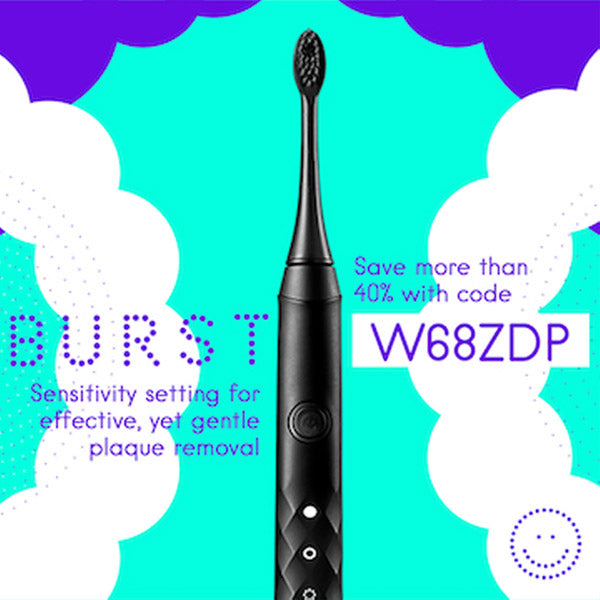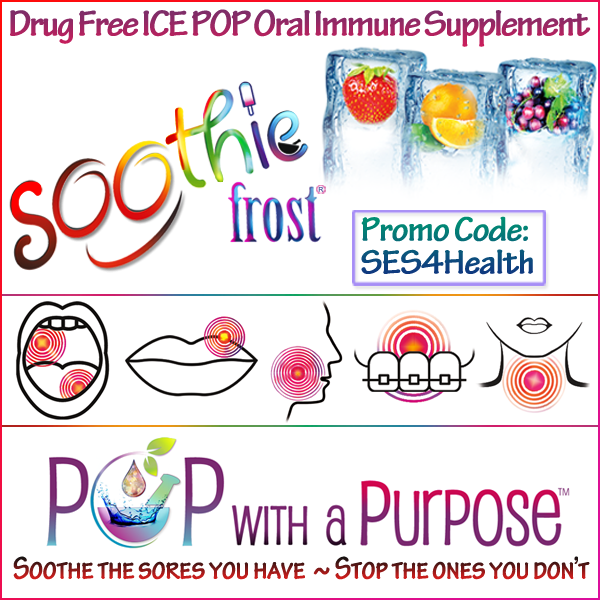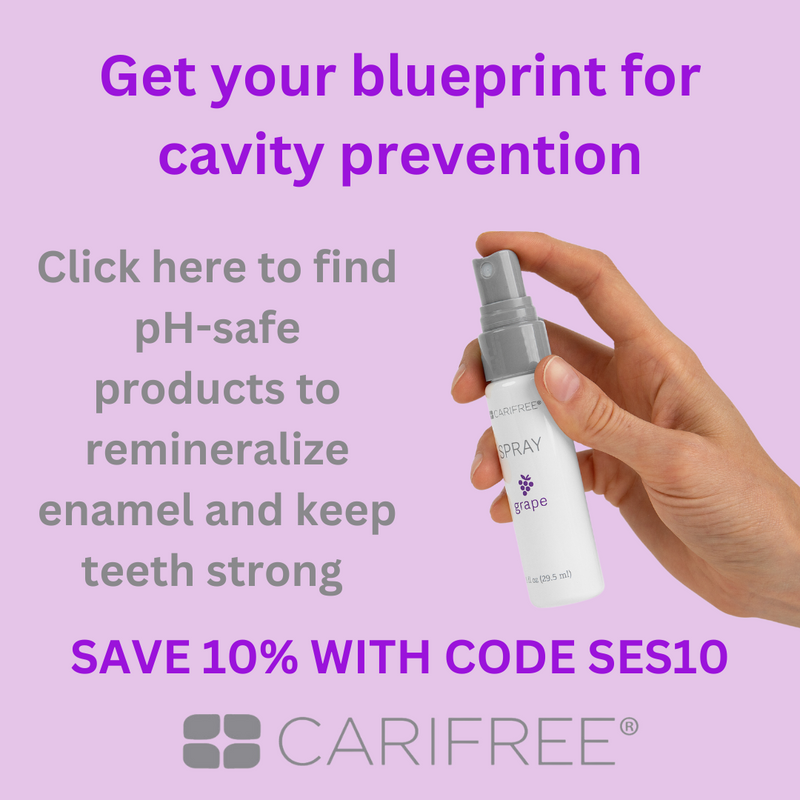Cold Sores & Cancer Treatments

Cold sores, also known as fever blisters, are caused by the Herpes Simplex Virus (HSV-1). The Herpes Simplex Virus is contagious and can be passed from person to person through saliva by kissing or sharing items like cups, eating utensils, wash cloths and lip balm. Most people are exposed to the virus during childhood. Cold sores can normally be diagnosed by your Physician or Dentist simply by appearance but more specific tests are available to detect the virus.
Once a person has HSV-1, it remains in the body and cannot be cured. The virus lies dormant (inactive) in nerve cells until it is triggered to become active again. There are several triggers including a weakened immune system caused by stress, certain diseases or medications. Those undergoing cancer treatments can be particularly susceptible to outbreaks.
Cold sores can occur outside of the mouth or inside of the mouth on bone-covering tissue on the gums or palate. The first stage of an outbreak starts with a tingling, itching or burning sensation. This leads to the development of small, painful bumps that multiply and grow, eventually breaking open to form ulcerated sores. The sores will develop a crust that can break open or flake off until it heals, many times leaving a red appearance where the sore was located. In healthy individuals, the sores can be a quality of life issue but will normally resolve in 8-10 days without treatment. Cold sores are contagious from the first sensation of a tingle until it's completely healed.
Developing Cold sores during cancer treatments can be dangerous. Patients can experience severe outbreaks, many times occurring along with other mouth sores called Oral Mucositis. While Oral Mucositis alone results in increased pain and eating difficulties, the Academy of General Dentistry's Oral Care Protocols for Patients Undergoing Cancer Treatments (July 2008) states, "Oral Mucositis complicated by HSV-1 tends to be more severe and last longer." The sores can also act as a portal for micro-organisms to cause more serious or life-threatening infections.
Treatment focuses on getting rid of sores, and decreasing pain, itching and formation of new sores with antiviral medications. These medications can come as a topical ointment, pill form or administered through IV. The way the medication is administered is determined by the severity of the outbreak and the patient's overall health. Medications may be administered preventively for those who are highly susceptible.
If you are starting cancer treatments, inform your doctor if you have a history of developing cold sores. Do not touch or pick at the sores. Avoid kissing during an outbreak. Do not share items that could be contaminated with another person's saliva. Wash your hands before and after flossing or touching your mouth. Use an Intellident Toothbrush Shield to protect your toothbrush from contamination. If you are sharing toothpaste with others, never let your toothbrush bristles touch the tube, or consider having your own tube of toothpaste. Take these simple steps to prevent spreading the virus that causes cold sores.
Additional Sources:
Herpes Simplex and Your Toothbrush
Herpes Simplex - Healthline
Cold Sores And Fever Blisters




